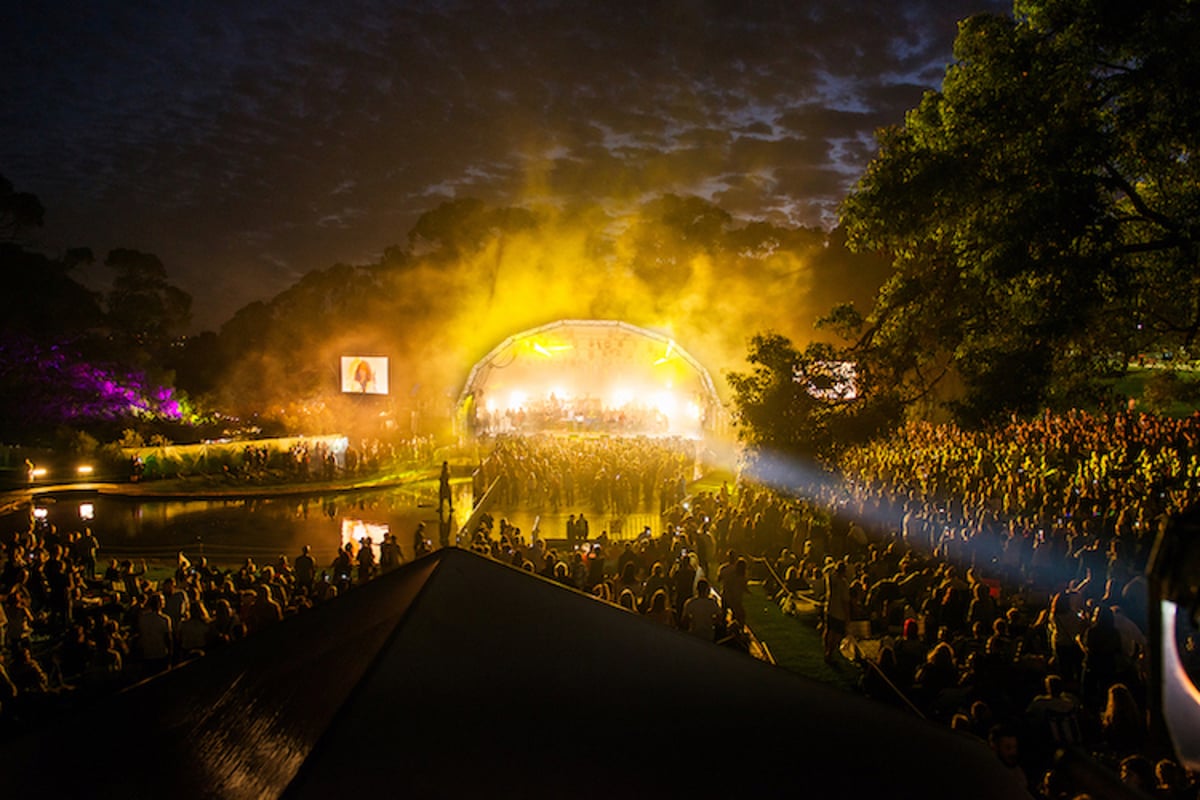WA Live Music Sector Doesn’t Expect Turnaround Until Q3

The WA live music sector has been in a holding pattern since January when the state government closed borders indefinitely and slapped tough restrictions on events.
WA music promoters, taken unaware and with 100,000 sold tickets worth $13 million for events to the end of April, were left “anxious and fearful” according to John Zaccaria of Zaccaria Concerts & Touring.
Borders have now re-opened, allowing interstate tours, but not before Midnight Oil and Crowded House were postponed and Kasey Chambers and John Butler cancelled.
On April 14, audience caps in nightclubs and hospitality venues will be lifted.
Places like Freo.Social, which closed its doors indefinitely this year, are primed to return.
“We are really, really chuffed that wisdom has prevailed and, with an easing of restrictions, can swing the doors back open,” its manager said.
But promoter Brad Mellen of Mellen Events has warned the sector doesn’t expect to be out of the woods in the near future.
“We’ve written off Q1 and Q2, and we’re turning to Q3,” Mellen said. “We are operating in a very difficult environment, we’re not at full capacity yet.
“Outdoor events are still limited to one person per two square meters, which means we’re effectively operating at 50% while sport is allowed 75% capacity.”
Live Performance Australia figures for 2019 showed WA shifted 2.6 million tickets worth $194.2 million.
The sector suggests it probably sold 200,000 tickets in the last three years.
“We’re not talking 30% or 40%,” Mellen said. “We‘re talking about an industry that is down around 90% from what it would have been in 2019.”
The Chamber of Arts and Culture WA’s COVID Financial and Wellbeing Impact Survey, published in March 2022, showed that 25.47% of 296 respondents cancelled events from March to August 2022, with 998,386 audience members at risk over the next six months.
Of 135 arts organisations, 74.7% doubted surviving beyond 12 months if the next six months of programming were cancelled.
43.59% of artists had to search for work outside arts and culture to survive, with the organisation calling for a regular wage to be introduced.
Up to 97.95% feared for the small-to-medium organisations which nurture innovation, experimentation and creative content freshness.
The fear that events and programs in regional, funding and grassroots areas would be impacted heavily was confirmed when peak music association WAM had to retrench four of its eight staff last week.
They were regional officer Nigel Bird, regional assistant Izzy Bartlett, industry development officer Claire Hodgson and admin officer Honor Gleadow.
WAM’s initiatives included the Wheatbelt Regional Touring Circuit, Regional WAMBassaddor program, the Regional Round Table and partnerships with Dowerin Field Days, Blues At Bridgetown and Nannup Festival.
The state government provided WAM with two $350,000 grants to help it through the pandemic, but those grants ended this year.
The $700,000 represented over a quarter of WAM’s income in the past financial year.
Influential community radio station RTRFM had to push its In the Pines music festival from April to September.
It was a real blow said manager Simon Miraudo: “It’s our single biggest live music fundraiser…in fact, the money raised at Pines helps us to keep running RTRFM for another year.”
The WA government extended its Getting The Show Back On The Road shared risk program to include rescheduled events.
While promoters of shut down events can ask for 50% to 75% of box office losses, to a maximum of $150,000, those who postponed can recoup unrecoverable costs of up to 30%.
Nevertheless, Bradley Woods, head of Hotels Association Australia WA, warned any more restrictions were “unsustainable” for the industry.
This article originally appeared on The Industry Observer, which is now part of The Music Network.






























